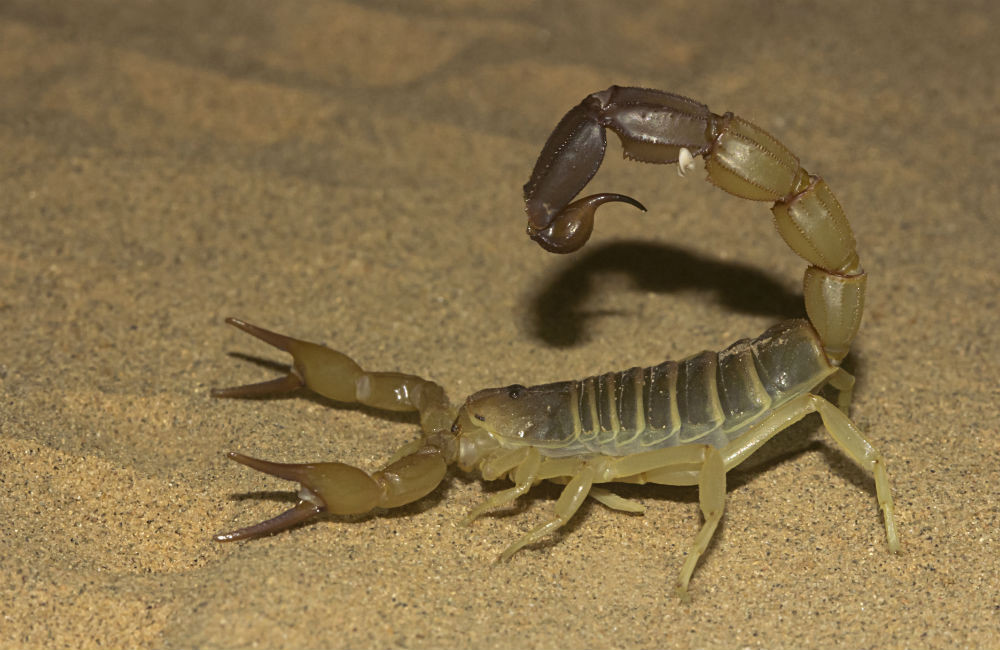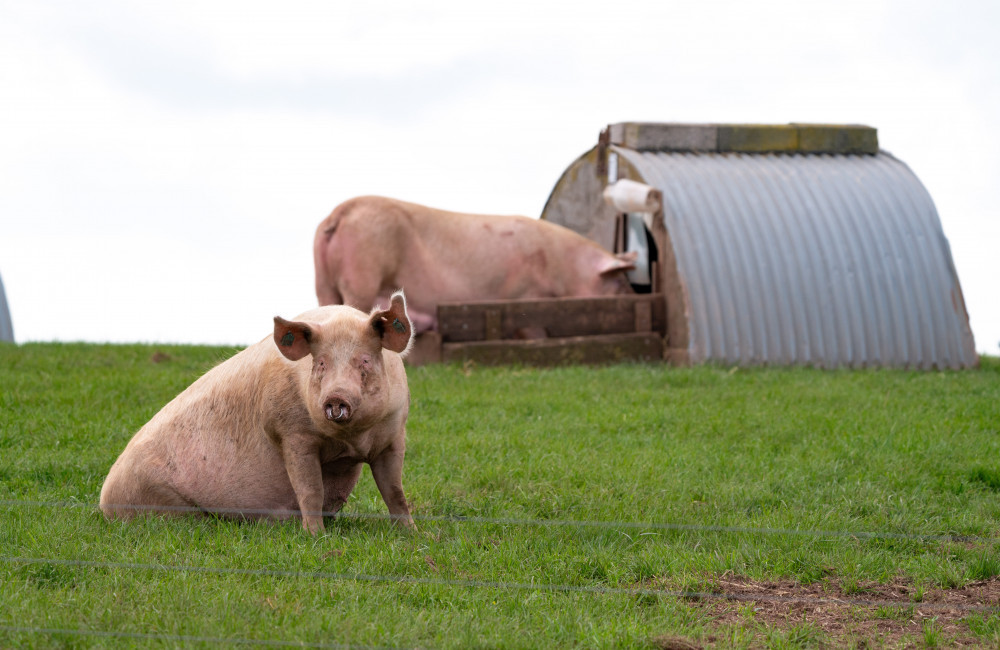
2025-11-18 14:32:40
Amazonian scorpions could be the key to beating breast cancer.
Scientists at the University of São Paulo’s Ribeirão Preto School of Pharmaceutical Sciences (FCFRP-USP) have pinpointed a compound in the toxin of Brotheas amazonicus that appears to attack breast cancer cells head-on.
The discovery, unveiled at FAPESP Week France, was made in collaboration with experts at the National Institute for Amazonian Research (INPA) and Amazonas State University (UEA).
Professor Eliane Candiani Arantes, who coordinated the project, said: “Through bioprospecting, we were able to identify a molecule in the species of this Amazonian scorpion that is similar to that found in the venoms of other scorpions and that acts against breast cancer cells.”
Early lab tests revealed that the peptide – named BamazScplp1 – hits tumour cells with an impact comparable to paclitaxel, one of the most widely used chemotherapy medications.
The molecule triggers necrosis, a form of violent cell death previously associated with toxins from other venomous species.
The breakthrough comes as part of a much larger scientific effort to convert venom components into advanced medical tools.
Researchers at FCFRP-USP and partner institutions have spent years cloning and expressing snake and scorpion proteins, with one major success already under way: a patented fibrin sealant described as a “biological glue” now in phase-three clinical trials.
Referring to the team’s strategy to produce venom-derived molecules safely in yeast rather than harvesting them from animals, Arantes said: “Our idea now is to obtain this serine protease through heterologous expression in Pichia pastoris.
“If we combine growth factors with these enzymes, we can create improved sealants and scale up production.”
The team now hopes to use the same method to manufacture the newly discovered anti-tumour molecule for further testing.
Arantes: “We also intend to obtain these molecules through heterologous expression.”
If future studies confirm its effectiveness, a creature that once relied on venom to survive the Amazon rainforest may end up helping humans survive cancer.
Visit Bang Bizarre (main website)










